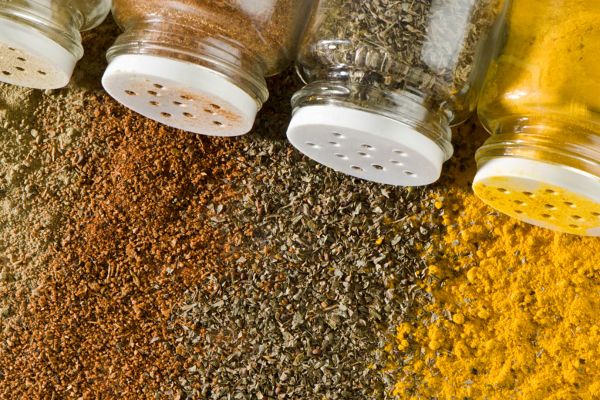
Ensuring the quality of spice grinders is crucial for spice producers of all sizes – especially those who supply to the wholesale market. High-quality grinders affect everything from product freshness to food safety, customer satisfaction and reputation. With this in mind, understanding the various quality control measures put in place by wholesale spice grinder manufacturers is essential. Throughout the production process, wholesale grinders need to undergo multiple quality control measures to meet global standards. From testing to ISO certification, each measure is designed to deliver the highest level of quality.
Understanding Spice Grinder Quality Control Measures

Some of the quality control measures that may be in place when it comes to the manufacturing of wholesale spice grinders include the following:
Material selection and testing
The first step in quality control is the selection of materials. For grinders, this means choosing materials that are durable, food-safe and capable of preserving the freshness and flavour of spices. Manufacturers need to conduct thorough testing of materials for strength, chemical resistance and potential food safety issues. This ensures that the grinders do not impart unwanted flavours or chemicals into the spices they contain. Materials such as glass are typically used for jars, while PET bottles are used as an alternative for a lighter container. PET is also a material of choice for the grinders themselves, in addition to other BPA-free plastics, such as polypropylene or acrylic.
Design and functionality testing
The design of grinders has a direct effect on its function. Quality control measures include rigorous testing of the grinder’s mechanism to ensure it provides a consistent grind, which is essential for both cooking and seasoning. This testing often involves multiple rounds of adjustments to the design to improve ease of use, providing a variety of grind size and overall durability of the mechanism. As an example, push-pull and adjustable grinders have a different mechanism than standard grinders. These grinders need to pass testing to ensure that they function without jamming or pulling apart.
Manufacturing process controls
During the manufacturing process, strict controls are essential to maintain quality. This includes monitoring the assembly process to ensure that all parts of the grinder fit together correctly and function properly. Manufacturers use automated and manual inspections to identify and correct any defects that may be found in any part of the grinder mechanism. Regular process controls help to minimise variations in quality and ensure that every grinder meets quality guidelines.
Compliance with standards
Adherence to international standards such as ISO certifications, plays a vital role in quality control. These standards provide are designed for managing quality, covering all aspects of production, from raw material sourcing to final product testing. Grinder manufacturers that are ISO-certified can ensure a rigid commitment to consistent quality and continuous improvement in their processes. Audits and certification renewal ensure that quality is maintained on an ongoing basis.
Once grinders have undergone quality control, final testing is done to ensure that every grinder meets rigid quality requirements. To find out more about our range of premium ISO-certified wholesale spice grinders made to ensure quality control at every stage of production, contact Global Grinders.

